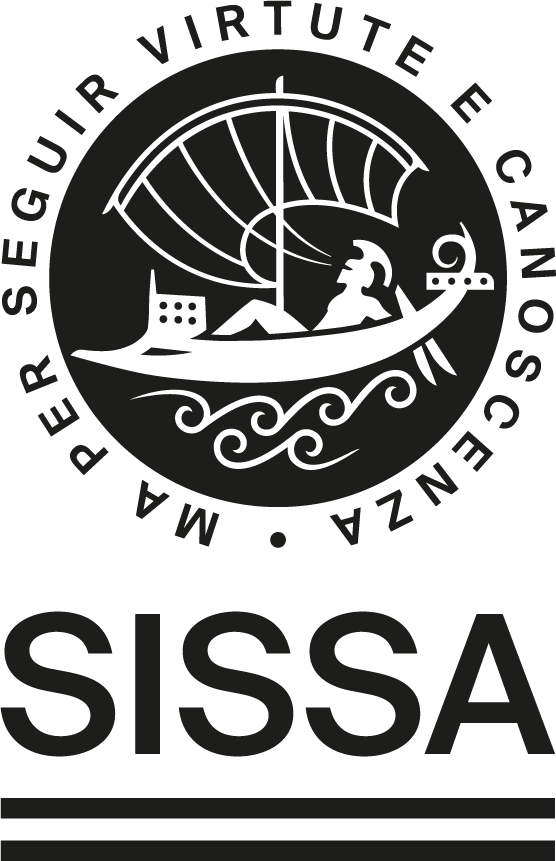$ID = get_the_ID();
add_post_meta($ID, 'Author', 'M.Sellitto', True);
add_post_meta($ID, 'Credits', '2', True);
$AUTHOR = get_post_meta(get_the_ID(),'Author',True);
$CREDITS = get_post_meta(get_the_ID(),'Credits',True);
echo "
by $AUTHOR ($CREDITS credits)
“;
?>

The objective of this Course is to provide an introduction to Monte Carlo methods, which are probabilistic computational techniques with a wide and growing range of applications.
Prerequisites: Students should be familiar with basic probability and, for practical applications, programming.
Main topics:
1. Randomized vs Deterministic Algorithms: The curse of dimensionality.
- Uniform, Importance and Rejection Sampling
2. Markov Chain Monte Carlo
- Metropolis and heat-bath algorithms
3. Dynamical slowing down
- Cluster and faster than the clock algorithms
4. Exact sampling
- Coupling from the past
5. Frustration and optimization
- Annealing and Tempering
6. Dynamically arrested states
- Sampling blocked configurations
7. Non-equilibrium steady states
- Direct evaluation of large-deviations function
References:
- W. Krauth, Statistical Mechanics: Algorithms and Computations
(Oxford University Press, 2006). See also http://xxx.lanl.gov/pdf/cond-mat/9612186 - D.J.C. MacKay, Information Theory, Inference, and Learning Algorithms
(Cambridge University Press, 2005, 4th Ed.), Chaps. 29-32. See http://www.inference.phy.cam.ac.uk/mackay/itila/book.html - P. Young, Monte Carlo Simulations in Statistical Physics,
http://physics.ucsc.edu/~peter/converge_new.pdf - S.K. Ma, Statistical Mechanics (Singapore: World Scientific, 1985), Chap. 25
- M. Jerrum and A. Sinclair, Markov Chain Monte Carlo Method: an approach to approximate counting and integration. See http://www.cs.berkeley.edu/~sinclair/mcmc.ps

